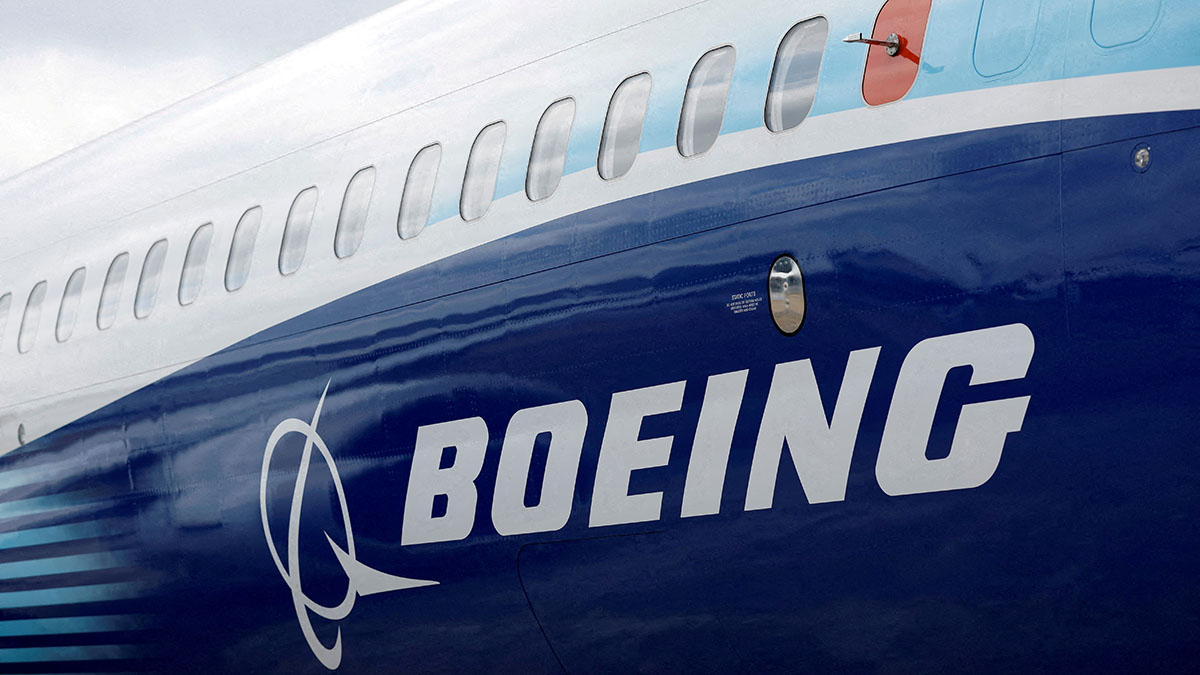Boeing is once again promising to improve safety and quality control after a year marked by crashes, controversies, and setbacks that have tarnished its reputation and sent its share price plummeting.
The aerospace giant, facing intensified regulatory scrutiny and waning confidence from airlines and investors, announced Friday (January 3) that it has made progress on internal targets to address longstanding issues.
In a release, Boeing said it had made strides in multiple areas like “safety culture, training, simplifying their processes, and eliminating defects,” according to NBC News.
Challenges hound Boeing
The statement comes as the company grapples with the aftermath of a string of incidents, including last week’s deadly crash of a Boeing 737-800 in South Korea— the nation’s worst aviation disaster, killing 179 people.
Despite the announcement, challenges persist for the company that, alongside Europe’s Airbus, dominates the global aircraft market.
Earlier this year, a fuselage panel blew out of an Alaska Airlines jet, Boeing’s largest union went on strike for 53 days, and issues with its Starliner spacecraft left two astronauts stranded in orbit.
Adding to its woes, whistleblowers have alleged significant lapses in the production of the 737 and 787 aircraft. One such whistleblower, John Barnett, who raised alarms about safety practices, died by suicide in August, with his family accusing the company of fostering a “culture of concealment.”
Boeing is presently facing heightened scrutiny.
In October, the Federal Aviation Administration (FAA) announced a three-month review of the company’s compliance with safety regulations. FAA Administrator Michael Whitaker recently remarked that Boeing had “failed” but has the resources to recover and rebuild with higher safety standards.
Impact Shorts
More ShortsAnother promise to turn Boeing around
The new CEO, Robert “Kelly” Ortberg, who took the helm in August, has pledged to turn the company around. In an October letter to employees, Ortberg called for a “fundamental culture change,” acknowledging the extent of the damage to Boeing’s reputation. “This is a big ship that will take some time to turn, but when it does, it has the capacity to be great again,” he wrote.
In its latest announcement, Boeing highlighted investments in workforce training, including enhanced programs for mechanics and quality inspectors. It also pointed to efforts to simplify production processes and reduce defects, particularly in the assembly of its 737 aircraft, a model that has been at the center of many controversies.
The timing of Boeing’s statement is notable. Sunday (January 5) marks the anniversary of the near catastrophe aboard Alaska Airlines Flight 1282, a stark reminder of the company’s struggles.
While Boeing has acknowledged its shortcomings and pledged reforms, it remains to be seen if these efforts will restore confidence in the once-dominant aerospace giant.
With inputs from agencies
)